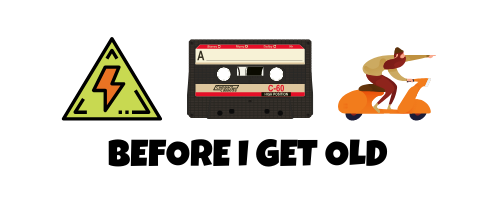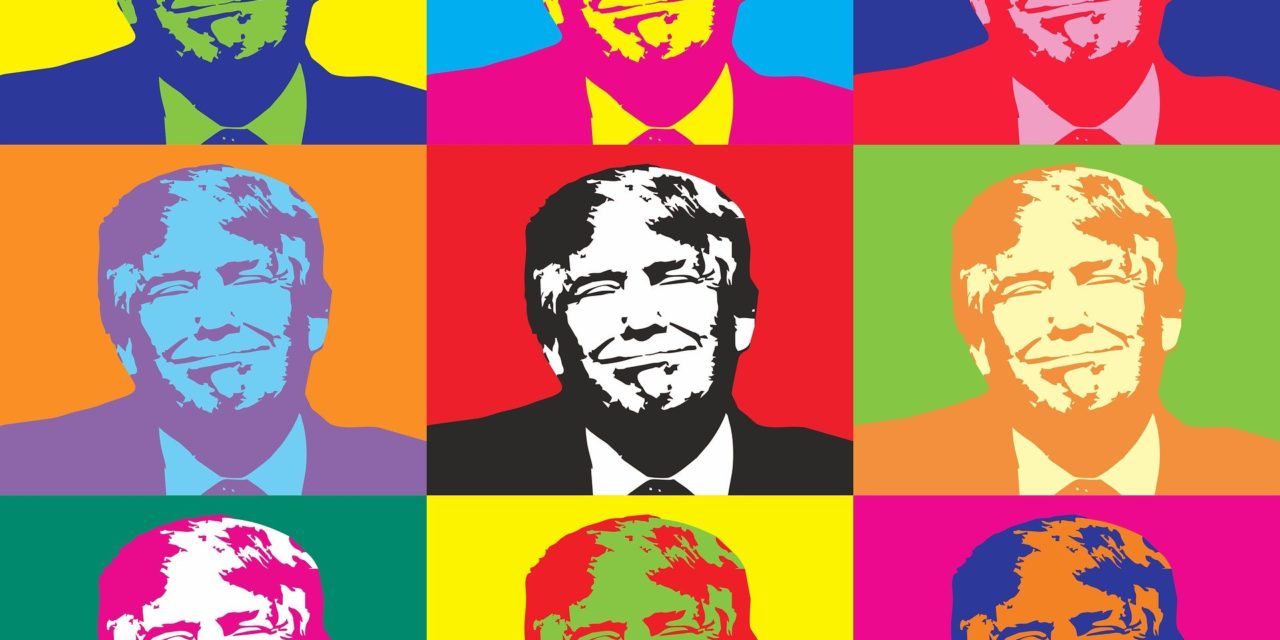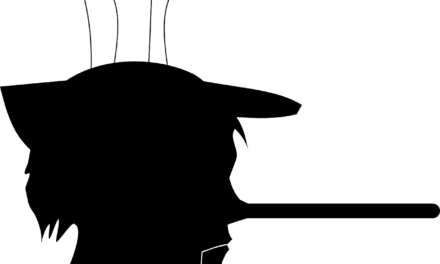If you are old enough to remember punk rock, then Brexit, Donald Trump and the impact of social media will seem like familiar territory. History (as written by the winners) tells how the pompous, pretentious, indulgent, leviathans of 1970s progressive rock music were unseated and deposed by the plucky, ‘Of-the-people’, three-chord snot-faced wonders of every urban council estate.
The alternate reality (as written by the losers) is less romantic – that the actual revolution caused by punk was more widely felt in the music business – who, up to then controlled everything – than the mansions of Surrey where stadium rock’s dinosaurs went to lick their wounds. For both the musicians and the industry, the real shock was that hundreds of smart, successful professionals, who thought they knew their business, had normality whipped away in a summer. In the face of a media-driven revolution (punk was a product of the music press), they had no response to the backlash unleashed on their world that didn’t make them sound more arrogant and pompous than before.
It didn’t matter how beautifully constructed and produced the latest Fleetwood Mac, Pink Floyd or Led Zeppelin album was, the zeitgeist was about being rougher, angrier and a whole lot more raw than anyone else. And if you could swear a bit and frighten some parents, all the better.
With hindsight, punk was the original fake news. Many of the bands had actually been around for a long while, playing noisy pub rock in London. Even more of the first wave were more ‘art-school-upstarts’ than ‘of the people’, but it didn’t stop them sneering down an NME lens for their 15 minutes of fame. A new haircut, change of wardrobe and the obligatory safety pins did the trick for a bit. The genuine upstarts – grubby urban oiks, terrorising the local youth clubs and church halls – made a splash for a summer in ’77 but were towing the line by Christmas. Even the infamous Sex Pistols showed a softer underbelly, playing a benefit gig for striking firefighters in Huddersfield (with an afternoon matinee for their children) on Christmas day 1977.
None of which mattered because punk was perceived to be massive and succeeded in turning the music business upside down. But what happened next was much more interesting. Out of punk came New Wave, Two-Tone, Goth, Indie, Psychobilly, New Romantics, Synth-pop and a whole load of other more interesting and attention grabbing musical sub-sects that were genuinely different and well worth a listen.
There’s a link here to what the internet and, especially social media did to traditional publishing and broadcasting in the last ten years. And what they, in turn have done to politics. The arrival of broadband and social media allowed anyone with a computer and a phone line to start a blog, make a video, broadcast their thoughts and opinions to the world. Much of it, like those spunky punk bands, was noisy bollox, but it was the principle that mattered. And the immediacy, engagement and ability to target your content to a specific bunch of like-minded people made it the platform of choice for all those minority voices unable to break into the traditional media.
If the traditional broadcasters, national newspapers and magazine publishers represented the experienced, carefully-crafted, big-budget equivalents of 1970s prog rock, it was Facebook and Twitter that took communication back into the church halls and youth clubs with all the associated bile and sputum of the angriest punk bands. Some of those people had things to say that were genuinely fascinating and world-changing. And some of them…didn’t, but that didn’t matter because there was bandwidth for everyone.
What’s different here is that in the world of big-data, social media allowed those with a darker agenda to target and cultivate an audience. That new audience then become the cultivators themselves, spreading the message in a form of subtle radicalisation of ordinary people. We’ve all seen the stories of religious radicalisation, but this was something new – simplistic, subversive (or plain nasty) messages presented to people who didn’t take an awful lot of persuading to ‘like’ them, which in turn, invited other groups to share more of the same.
Social media made heroes of a new generation of ‘of-the-people’ politicians and it didn’t take long before some of those groups previously on the margins saw a way to become mainstream. Donald Trump, Tommy Robinson and Nigel Farage couldn’t be further from the ordinary people they claim to represent, but through the use of simple, populist messages they present themselves in just that way, making politics seem simple and ‘honest’ enough that anyone could understand it.
Traditional politics, politicians the mainstream media laughed…at first and then wondered what the hell just happened as these ‘clowns’ steamrollered conventional wisdom and beat the system. In America, the mainstream media gave Trump enormous coverage (and therefore credibility) in their desperation to mock him the most, before realising he’d somehow become a force to be reckoned with
It took the music industry five years to regain control after punk and another ten to properly re-establish control before streaming pretty-much killed it off for good. Whether politics can adapt to social media and recover so quickly will be interesting to watch. Whether it should is another question altogether. In the meantime we’ll have the democratic equivalents of Goth, New Romantics, Two-Tone, Indie and Psychobilly to look forward to and I, for one can’t wait to see what impact that has on our future democracy.










